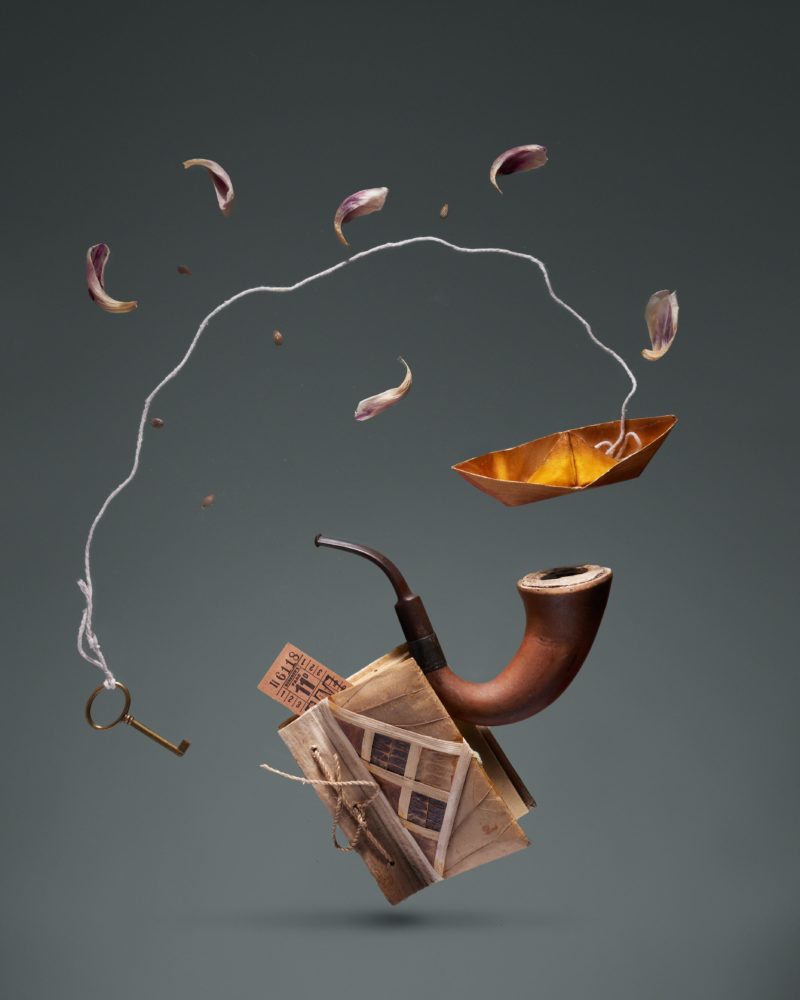After a year of drafting my first young adult novel, I ran it past my trusty writing group (of twenty-five years!) and was unsurprised at their critique: The plot doesn’t yet spring from the desires of my characters. “What’s at stake for them?” my colleagues asked. “What are their burning passions? What obstacles do they face? And what do they stand to lose if they don’t get what they want?” Great questions. As a relatively new fiction writer, I’m still learning to locate the source of my story’s action in the motivations of my characters.
In any narrative, what transpires externally must be inextricably linked to the human heart.
So I’m digging into the psyches of my characters, trying to get to know each of them better. I ask, “What does so-and-so think she wants? What does she really want? If she doesn’t get it, what will the consequences be? What stands in her way?” With each scene, I explore what instigates change in my characters, what the internal and external effects are, and why it matters. I fill notebooks with psychoanalyzing, none of which will appear in the final product, all of which increases my awareness of what’s happening in the story such that every word, sentence, and paragraph is imbued with intention. I’m becoming more conscious, at least within the bounds of this project.

This fundamental drive within stories—thwarted desire augmented by high stakes—I find curious. Is it operative in our lives as well? Perhaps because I’ve written memoir for so long, I can’t help but apply these questions to my experiences, searching for a plot or through-line that doesn’t only gather my scattershot memories into a unified whole but makes them gripping, a worthwhile “read.” There’s no question that stories mirror our lives, but are our lives themselves stories, propelled by longing, magnified by conflict, requiring movement inside or out or both in order to find satisfaction? When I teach essay writing, I often say what makes a good essay is movement. An essay asks a question, moves in relationship with the question, and lands in a different place, not necessarily at an answer. This holds true for fiction and, I suspect, our time on this planet.

But the stakes with our lives are significantly higher. The direction of the movement matters. Is the journey over obstacles toward our deepest desire life-giving or death-dealing? Does it bring us closer to or farther from the truth? Does it generate love or hate? We are the authors of our lives. We may not get to choose what compels us or what stands in our way, but we can always choose how to respond. It’s how we exercise human freedom. We act; we co-create; we determine the plot. “Aliveness,” Jungian Ann Belford Ulanov writes (and I often quote), “springs from our making something of what we experience and receiving what experience makes of us.” Isn’t this awesome?! There’s no other story more worth giving our time.
–Elizabeth Jarrett Andrew
Photos by Pure Julia & Pickled Stardust